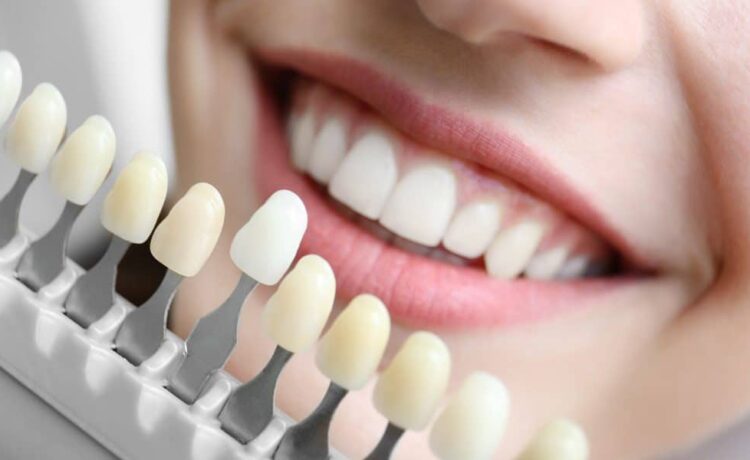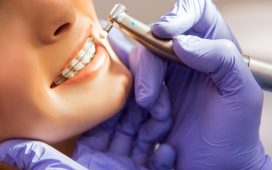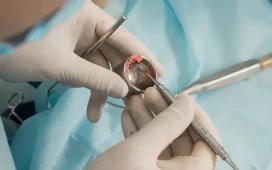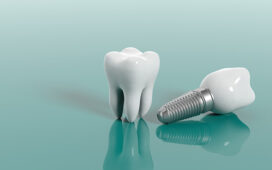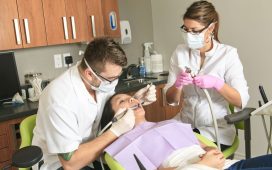Dental emergencies can be unsettling. A sudden toothache, a chipped tooth, or a lost filling might leave you unsure of your next steps. Understanding how to handle these unexpected dental issues is crucial. Visiting a dentist in Powell, TN can help address immediate concerns and prevent further complications. In emergencies, time is often of the essence. You need to know the best course of action to protect your oral health. This might mean applying a cold compress, rinsing with warm water, or gently flossing to remove debris. Each situation demands a quick yet thoughtful response. Recognizing the urgency and taking the right steps can make a significant difference. By learning about emergency dental care, you can feel more confident in managing these unexpected problems. Let us explore practical tips and guidance to ensure you are prepared for any dental emergency that may arise.
Common Dental Emergencies
Dental emergencies vary but often include toothaches, broken or chipped teeth, and knocked-out teeth. These conditions can be painful and may affect your daily life. Knowing the right actions to take can help reduce pain and prevent further damage.
- Toothaches: Tooth pain can signal an underlying problem like an infection or cavity. Rinsing your mouth with warm water and using a cold compress can help until you see a dentist.
- Chipped or Broken Teeth: Save any pieces of the tooth if possible. Rinse your mouth and apply gauze to any bleeding area.
- Knocked-out Teeth: Handle the tooth carefully. Rinse it gently and try to place it back in the socket. If this is not possible, store it in milk until you reach a dentist.

Immediate Steps to Take
In the face of a dental emergency, calm and swift action can make a difference. Here is a simple guide to address common issues:
| Emergency | Immediate Step |
|---|---|
| Toothache | Rinse mouth with warm water |
| Chipped Tooth | Save pieces and rinse mouth |
| Knocked-out Tooth | Rinse and store in milk |
When to Seek Professional Help
Not all dental issues require immediate professional care. But it’s important to know when a situation demands expert attention. Persistent pain, swelling, or bleeding should not be ignored. These signs indicate that you need to see a dentist as soon as possible. A professional can offer the right treatment and advice to prevent further complications.
Preventive Measures
Prevention is always better than cure. By following some simple measures, you can reduce the risk of dental emergencies:
- Regular dental check-ups can help detect potential issues early.
- Wearing a mouthguard during sports activities can protect your teeth.
- Practicing good oral hygiene, like brushing and flossing, can prevent decay and infection.
Conclusion
Dental emergencies can be stressful, but knowing how to respond can help manage the situation effectively. Quick action and professional consultation are key to maintaining oral health. By understanding common dental emergencies and taking preventive steps, you can feel more confident in handling unexpected issues. If you ever face a dental emergency, remember these guidelines and seek the help of a professional when needed. For comprehensive guidance, you can also check resources from the Centers for Disease Control and Prevention.

